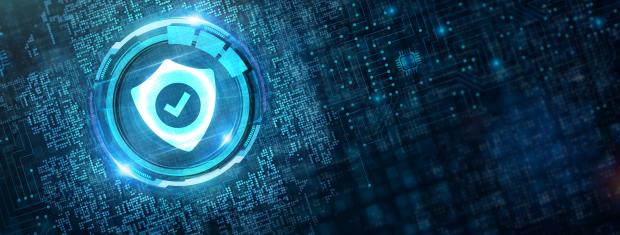
Understanding Personal Data, How It’s Used, and How to Protect It
Personal data must be understood very broadly as any piece of information that can be related to a natural person that identifies them directly from one or more pieces of that information. Thanks to technology and the internet, every natural person is now rich with personal data.
Types of Personal Data
General Personal Data
- First name and last name
- Home address
- Identification number
- Internet Protocol (IP) address
- Cookie-ID
- Location data
- E-mail address (even if it is a company address if it contains personal information about employee: name.lastname@company.org)
- Location data
Sensitive Personal Data
- Details of racial or ethnic origin
- Political, religious or philosophical beliefs
- Trade union affiliation
- The processing of genetic data and/or biometric data for the purpose of uniquely identifying a natural person
- Health details
- Information about a person's sex life or sexual orientation
How Personal Data is Used
Personal data is collected and used within a variety of media for a variety of reasons. Oftentimes the companies and mobile applications you engage with will have access to your personal data. Some use this information to tailor your experience, while others store your information and sell it to third parties.
Data Privacy and Protection of Personal Data
At the highest level, privacy is the right of a citizen to be left alone, or freedom from interference or intrusion. Data privacy is the right of a citizen to have control over how their personal information is collected and used.
There are several data privacy laws in the US regulated at the federal level, in addition to a growing number of state-regulated data privacy laws. Businesses have a responsibility to protect personal data and use it ethically. By implementing successful data privacy programs, businesses can avoid significant fines, multi-year penalties, civil suits, and much more.
While most companies have good intentions, breaches and hacks happen that could compromise your personal data. If the wrong person gets their hands on that information, it could mean a whole plethora of things! Personal data can be used to steal identities, hack into banking accounts, and much more.
There are certain steps you can take to protect your personal data, but businesses also have a responsibility to enact healthy data privacy programs to protect data and personally identifiable information.


